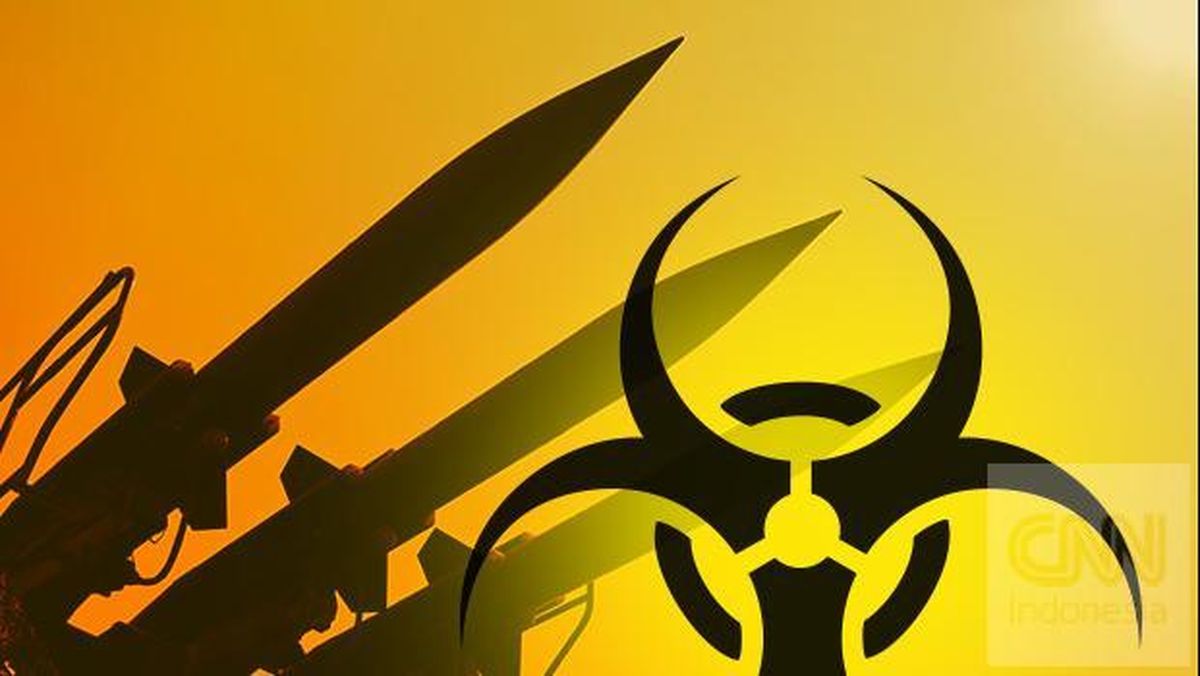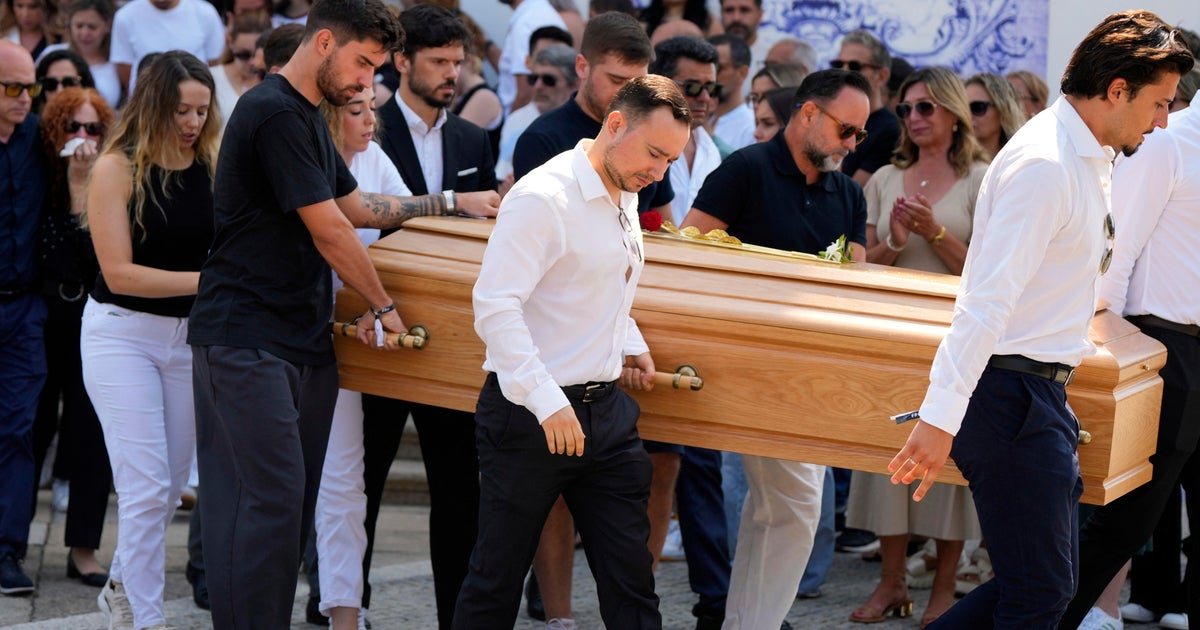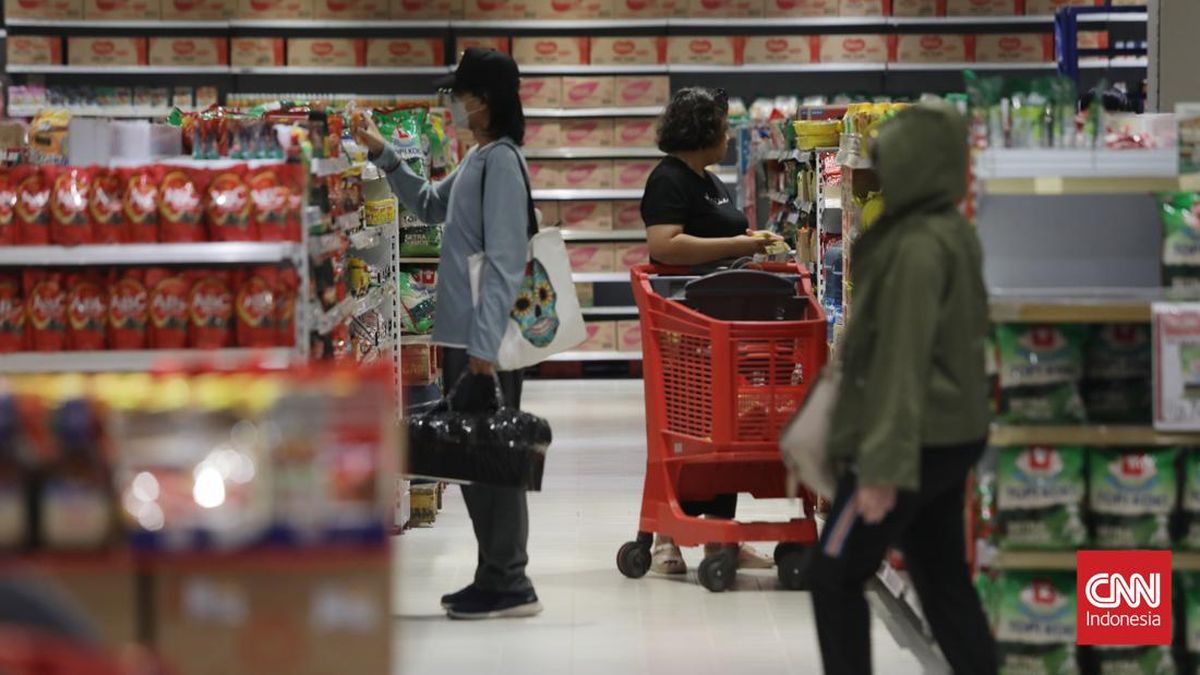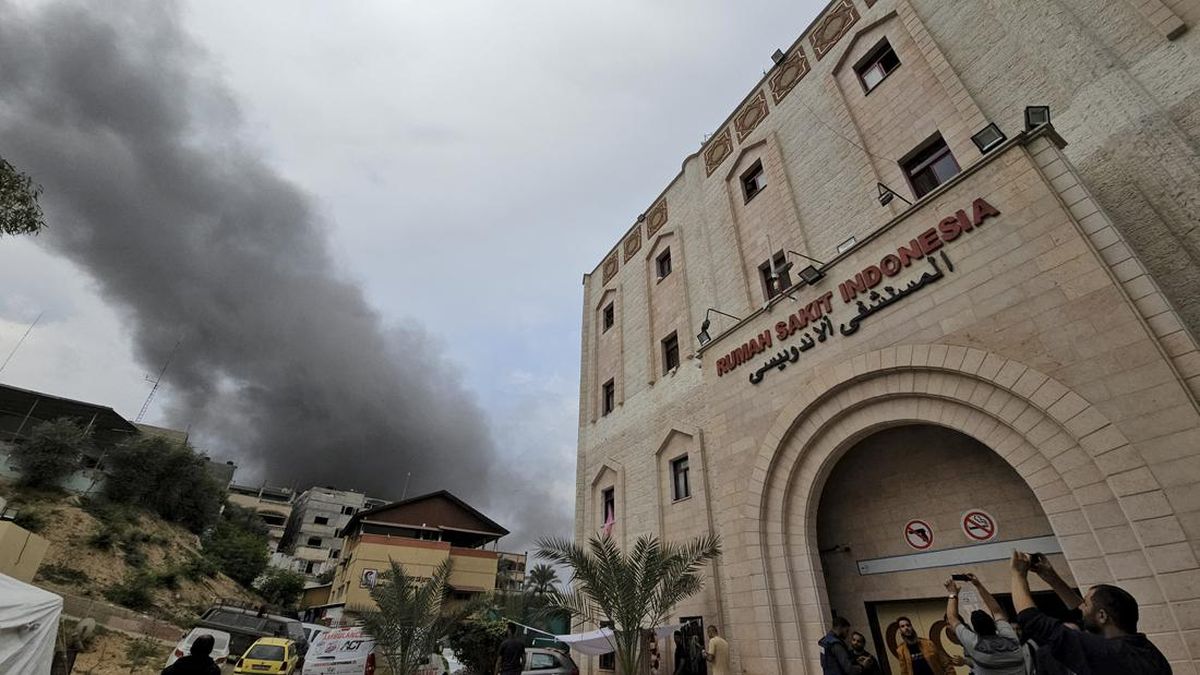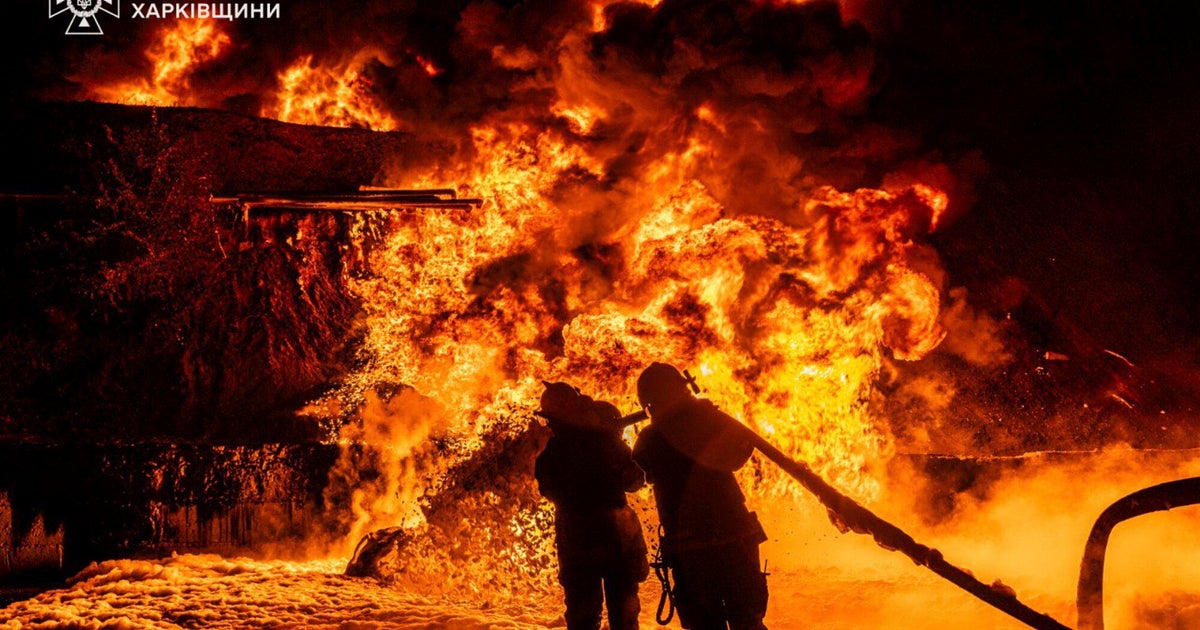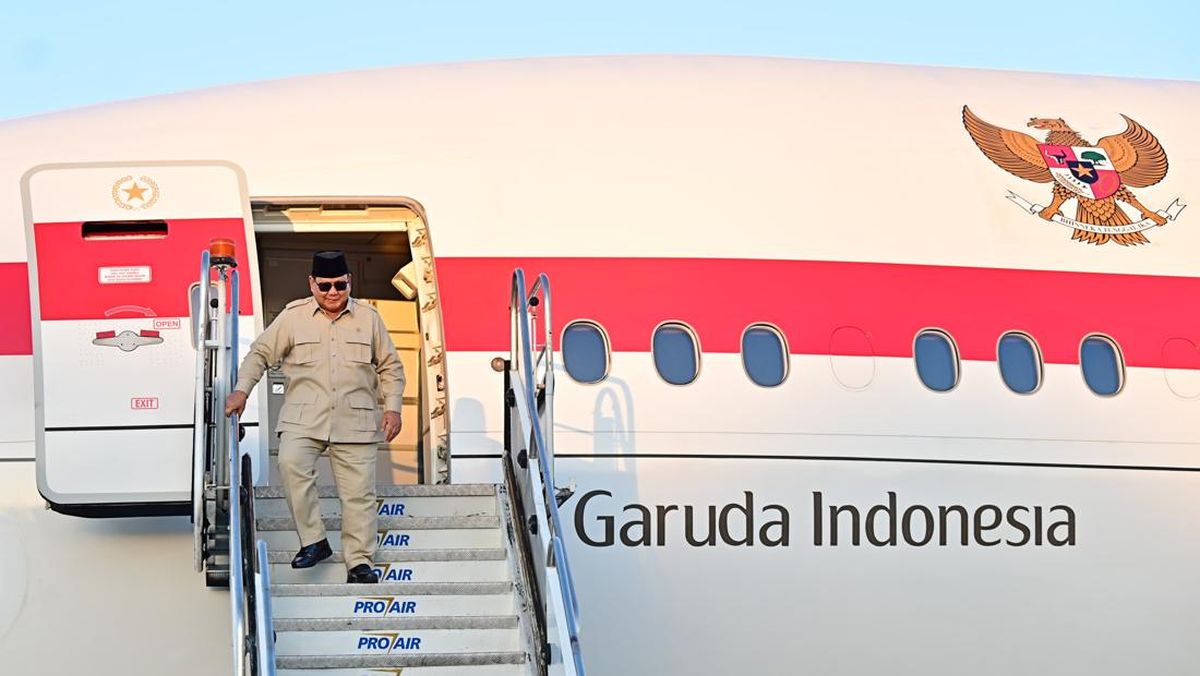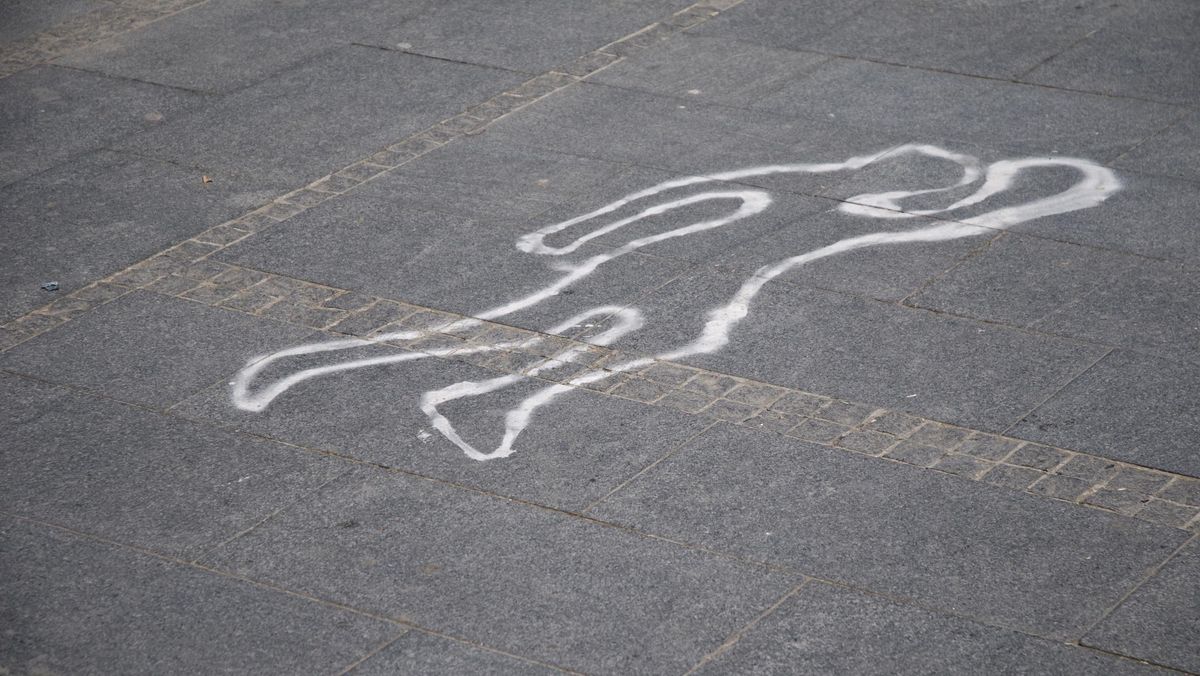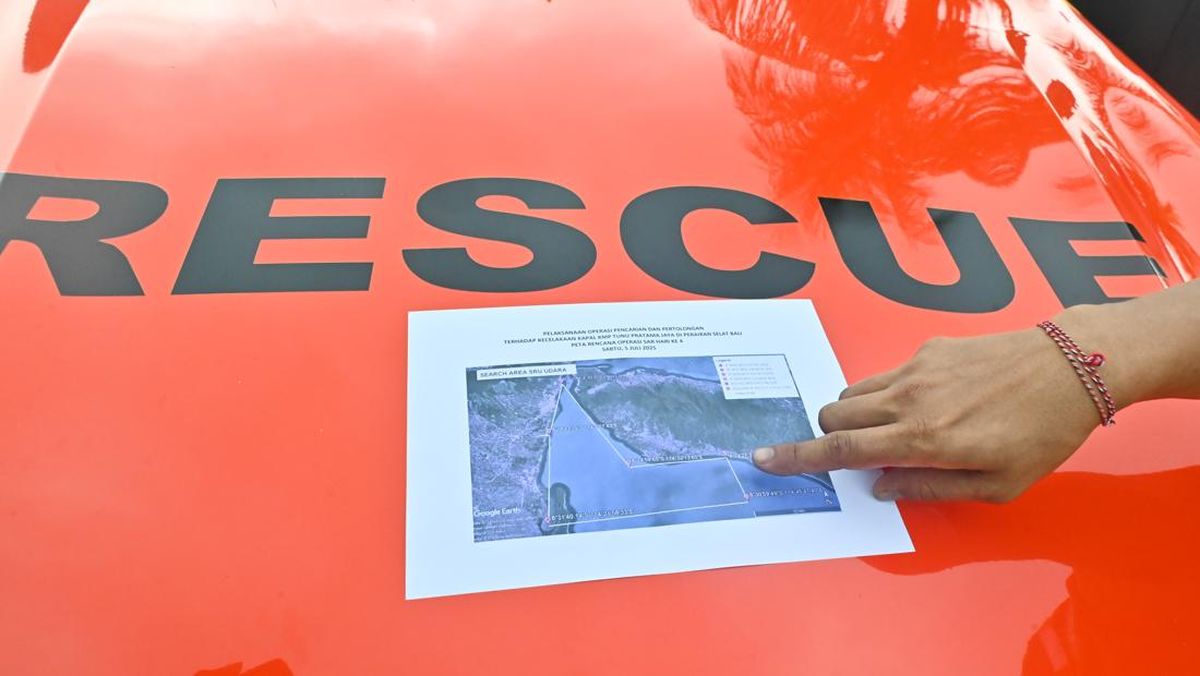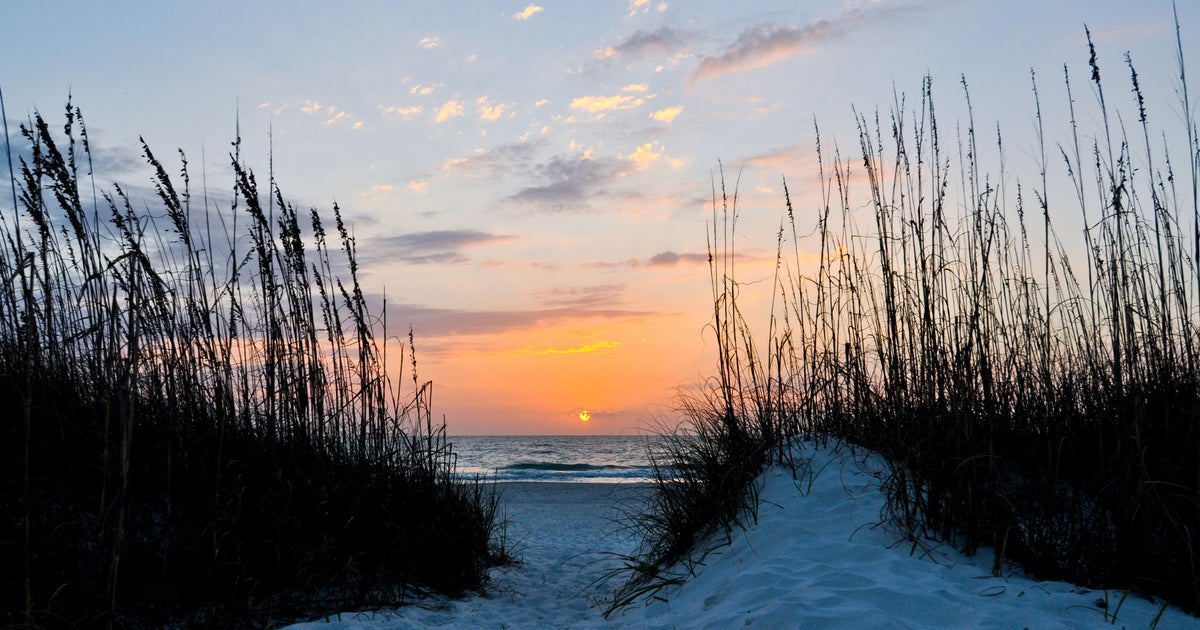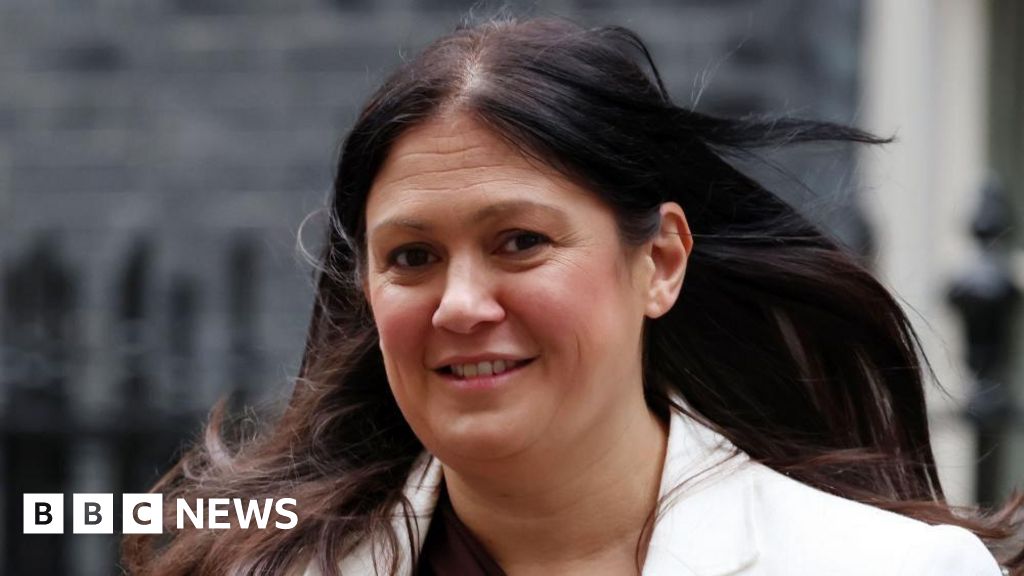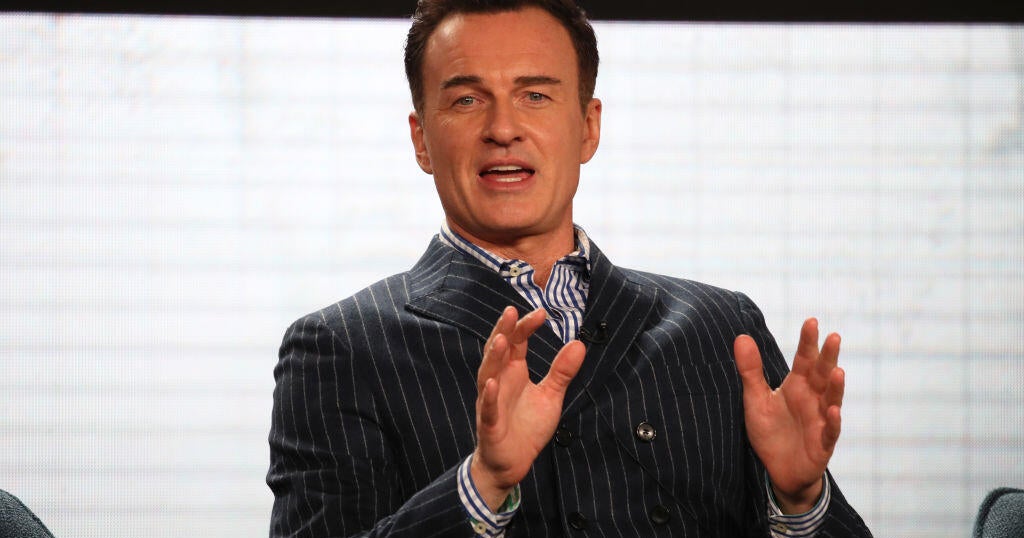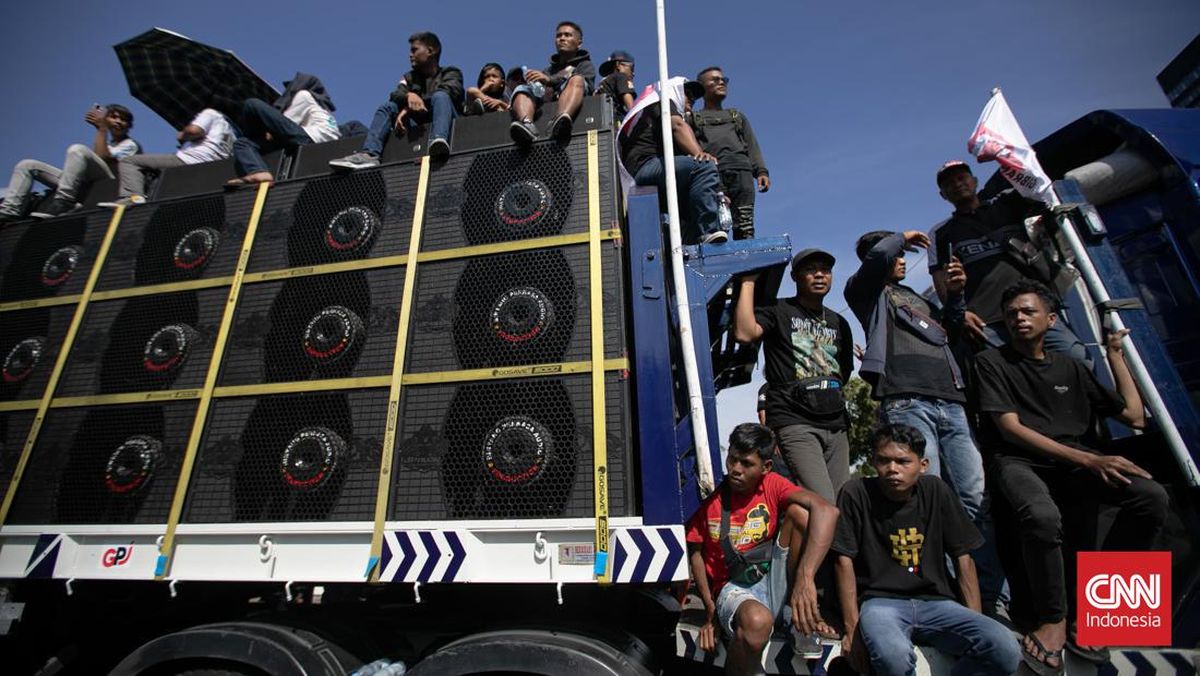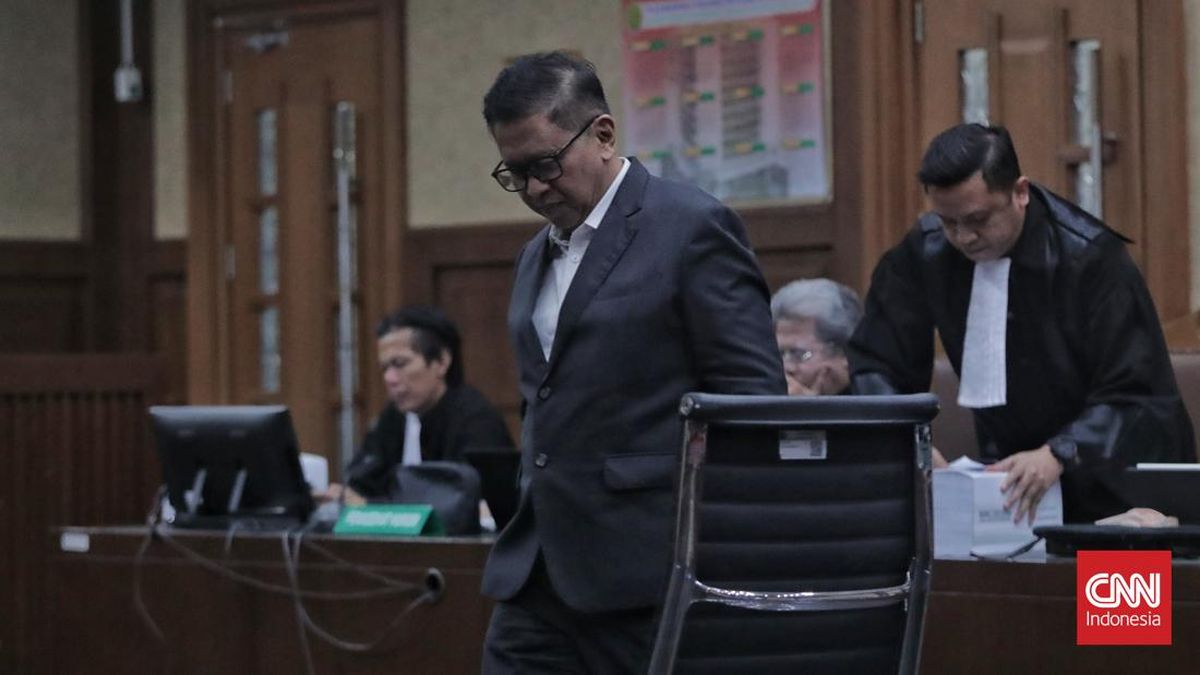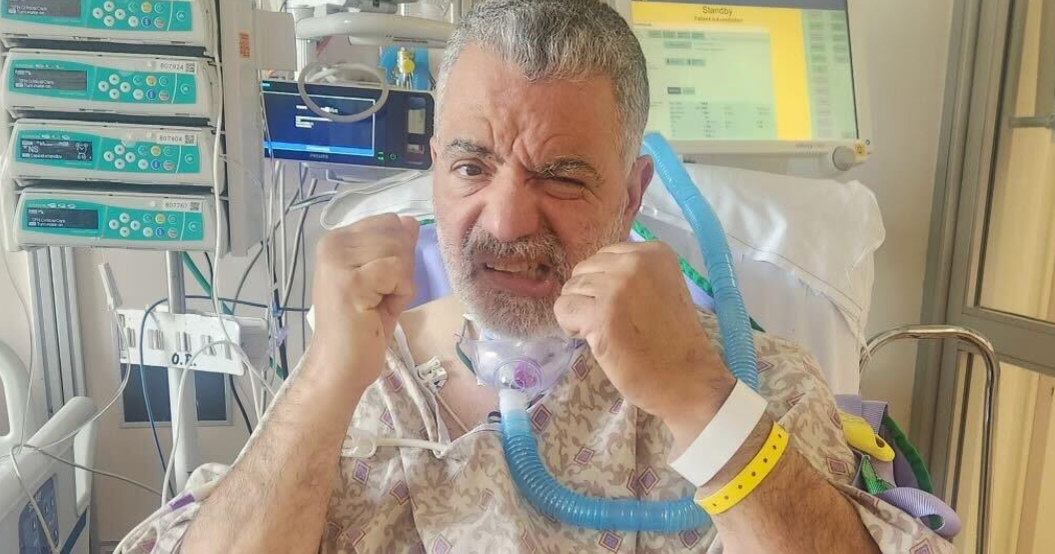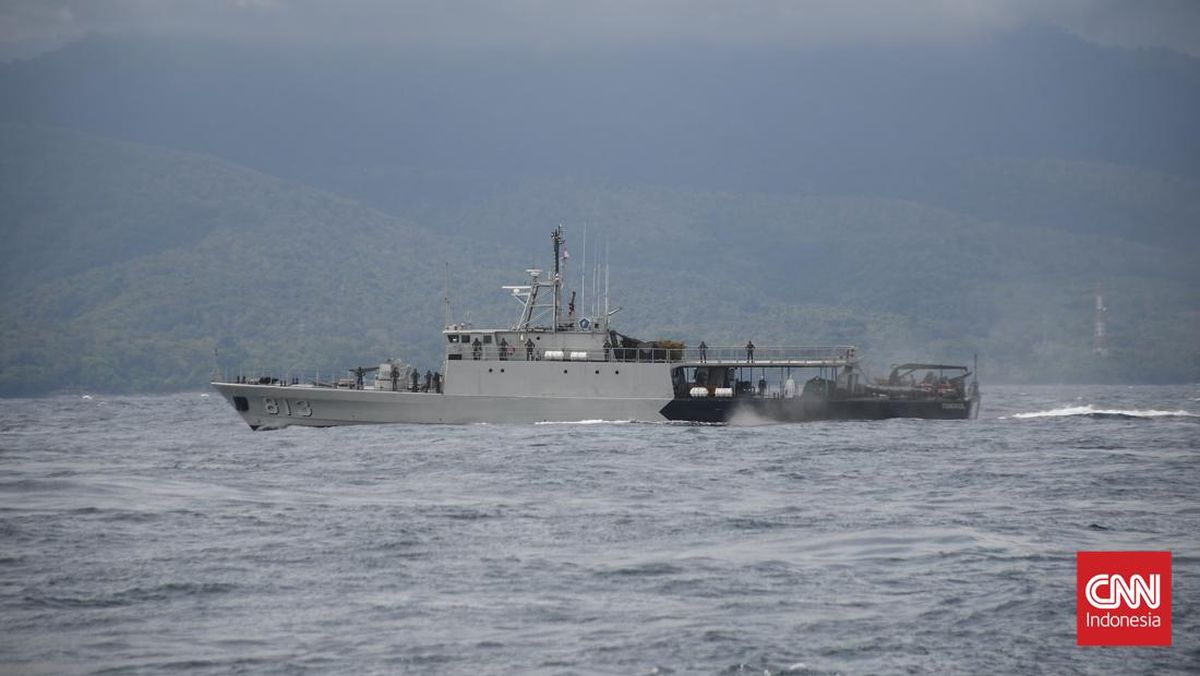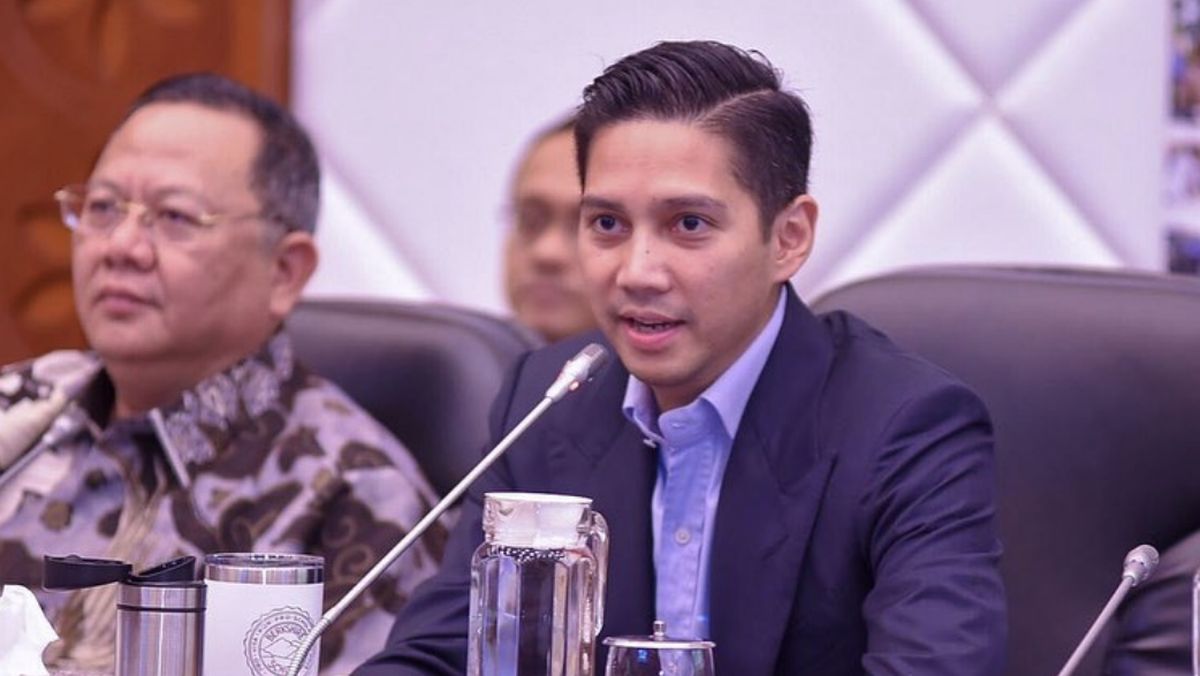The man rang the bell a second time. He then left the lit petrol bomb at the base of the door and casually walked away. The next thing the 13-year-old boy noticed was the smoke coming through the bottom of the door. By that stage, a passerby had already called the fire department.
The petrol bomb did only superficial damage before the fire was brought under control by a crew from a nearby fire brigade. Glass remnants were recovered from the crude device. About four years ago, the synagogue reinforced the door with steel and constructed a blast-proof, transparent plastic security cage just inside the entrance. Smoke filled the cage and drifted into the sanctuary but the synagogue’s defences held.

Police investigating the arson attack door-knocked neighboring properties on Saturday.Credit: Aaron Francis
The emotional wounds from this latest attack, to members of the synagogue, to Australian Jews and to a city that may be shocked to learn that some of us have to pray behind steel reinforced doors, will cut deeper.
The City Shul is a place of immense importance to Jewish people. It is also an enduring part of this city’s history. It has no formal ties to Israel but deep roots in the foundations of Melbourne.
It is where John Monash, perhaps our greatest military leader, had his bar mitzvah as a boy, and where Victor Smorgon, one of the city’s most successful businessmen and generous philanthropists, got married. On one of the walls, there is a board which carries the names of its members who died fighting for Australia’s young federation in the Great War.
The synagogue stands across from the state parliament gardens, St Patrick’s Cathedral and Anglican and Lutheran churches. This part of Melbourne is known as Eastern Hill, where a rabbi can share a cup of coffee and a joke with a priest and a pastor, and regularly does. “It is a beautiful space,” Rabbi Gutnick says. “It is peaceful, by and large. You’d hate to think we have to turn it into Fort Knox.”

Synagogue president Danny Segal, his wife Jenny and Rabbi Dovid Gutnick outside the synagogue the morning after the attack.Credit: Aaron Francis
Daniel Aghion, a Melbourne barrister and the president of the Executive Council of Australian Jewry, says this is why Friday night’s firebombing was an assault on all Australians. “This is not just an attack upon Jews or the Jewish community. It is an attack upon our way of life.”
The City Shul is not a place of solitude or silence. It is for family, food, prayer, song, conversation and life. When Rabbi Gutnick addressed his congregation on Saturday, he urged them not to give in to despair. The best way to fight is not with a stick, he told them, but to let in more light.
When this masthead visited on Saturday, a service had just finished to celebrate the arrival of a new child in the congregation. More people than usual packed into the shul. Among them was Philip Zajac, president of the Jewish Community Council of Victoria.
As a Jewish community leader and lifelong Carlton supporter, Zajac had already had a wretched weekend. He learned of the firebombing at his synagogue while watching his team get thrashed at the MCG by arch rival Collingwood. But after Saturday’s service, his spirit lifted.
“We are celebrating life and being together,” he said. “The events of last night brought more people out to say we are here, you are not going to defeat us, we are strong.”
Naomi Levin, the Jewish Community Council of Victoria chief executive, says the congregation was full of proud Jewish people who want us to know that they are proud of who they are and not afraid. Liberal MP David Southwick was also at the synagogue for the Saturday service. He was angry and saddened at how brazen the attack was. “Find the bloke and lock him away,” he says flatly.
While we talk inside the synagogue, toddlers are playing with Thomas the Tank Engine and superhero figures in the sanctuary. In the dining hall, congregants are tucking into bowls of chulent – a stew slow cooked ahead of the Sabbath – and the occasional shot of whiskey. There were children playing in the sanctuary on Friday night when the man set fire to their front door.
Dennis Martin, 79, first came to the synagogue as a boy, when he could go to a mates’ bar mitzvah on a Saturday morning and make it to Windy Hill to watch the Bombers in the afternoon. He describes it as heimish, a Yiddish word for homely or unpretentious. “This is a particularly homely synagogue,” he explains.
Rachel Gutnick, Rabbi Gutnick’s wife, says it is heart-warming to see so many people come to the synagogue the day after the attack. Some of them rarely came to shul, but made a point of coming on Saturday. “There is a lot of care and support,” she says.

Lord Mayor Nick Reece speaks outside the synagogue on Saturday. Credit: Aaron Francis
When does it say to Martin that someone apparently tried to burn this place down? “I find it so distasteful and disturbing, the degree of blind anger that would make somebody do that,” he reflects. “It could be a misguided response to Gaza or it could be virulent antisemitism. In both cases, it is madness of some sort.”
Outside the synagogue, messages of condemnation, support and solidarity arrive in a torrent from political and community leaders. Premier Jacinta Allan says any attack on any place of worship is an act of hate and any attack on a synagogue is antisemitic. “It is disgraceful behaviour by a pack of cowards,” she says.
Prime Minister Anthony Albanese says those responsible must face the full force of the law. Australian Multicultural Foundation chair Hass Dellal says people have the right to practise and express their religion without fear of vilification or violence. “This is not who we are as a multicultural nation.”
Much the same condemnation followed the arson attack in December which gutted the Adass Israel Synagogue in the Melbourne suburb of Ripponlea. After a six-month investigation by counter-terrorism detectives from Victoria Police and the AFP, no arrests have been made.
Aghion says this is the tenth firebomb attack against Australian Jews in the past 12 months. His tolerance, both for violence against his community and hateful elements within an anti-Israel protest movement which he says are fuelling antisemitism, is at an end.
“There is a critical need for the institutions of our country, our political leadership, our policing, to understand that there is a fundamental problem here,” he says. “The fundamental problem is that the Jewish community is being singled out and attacked time and time again because of a conflict on the other side of a world.
“If you want to say something in support of a position overseas, I’m not going to stop you, but what I am going to say is remember the people around you, remember the consequences of your language, remember the consequences of your actions, and make sure that you stay within those limits that you do not have an impact upon other Australians.
“That’s the line that has been crossed time and time and time again, and these protests continue to cross it with impunity.”
The same point was made by Melbourne Lord Mayor Nicholas Reece, who has long wrestled with the question of whether his local government should and can do more to put an end to the weekly Sunday protests through the city.
“I do think there are elements of this protest which have mutated and is now perpetrating these terrible acts,” he says. “This is the act of a very small number of people, I do think we need to remind ourselves of that, but that doesn’t mean it is not a terrible and vile act. All of us as a community need to stand up against it.”
Police do not yet know what relationship the synagogue arsonist has with the anti-Israel protest movement, but it is self-evident that the same sentiment which drives the protest movement is motivating violence against Jews in Australia.
The City Shul was first established in 1857, six years after Victoria became a separate colony, and has met in its Albert Street building since 1877. Throughout that long history it has not previously been firebombed.
Now, there is now a disturbing rhythm to these attacks.
Jewish people are terrified, political leaders are appalled and police seem unwilling or unable to make them stop.
And come Sunday, protesters will march through Melbourne’s streets and disavow any connection between what they see as a just cause and what we saw on Friday night.
The Morning Edition newsletter is our guide to the day’s most important and interesting stories, analysis and insights. Sign up here.

